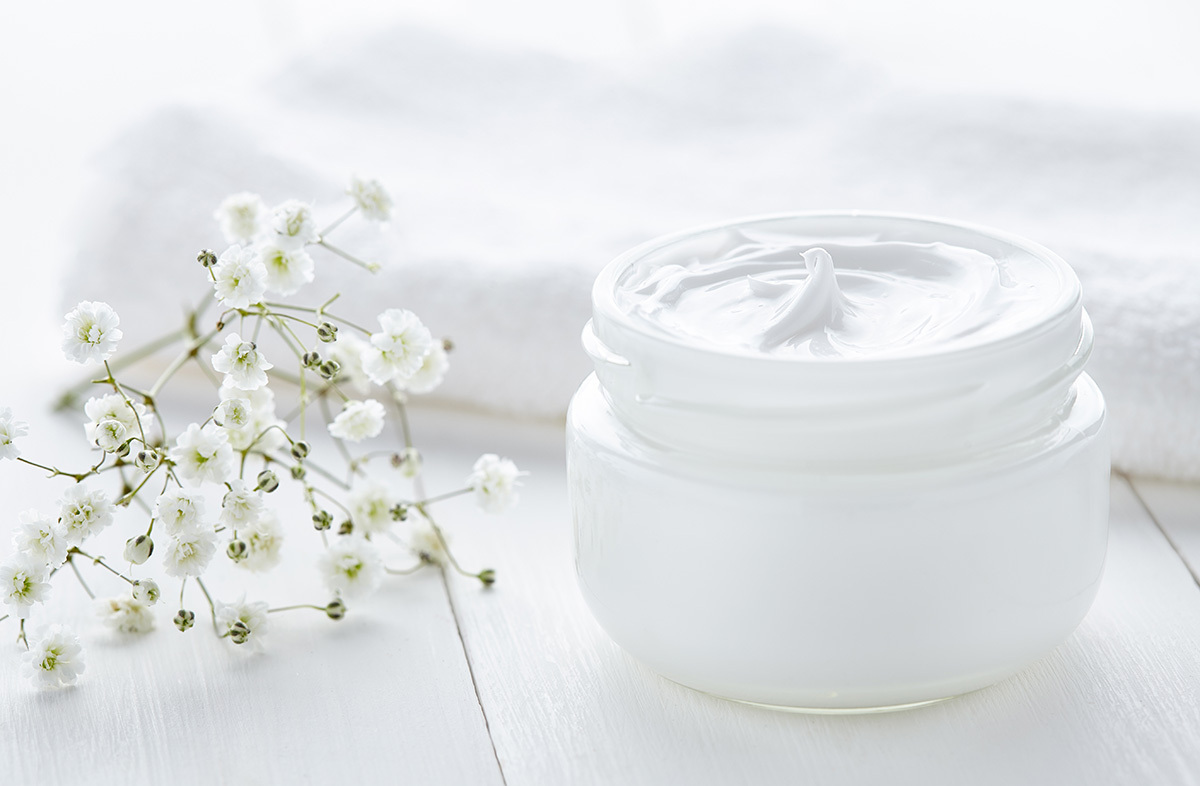How do you know if your skincare is cruelty free? And what is the difference between organic and natural? Savant Spy finds out the story behind the label.
First thing to know is according to EU law, unlike food and drink, there's no actual legislation when it comes to beauty products. This means that, as consumers, we can be easily fooled into thinking that the "natural" or "organic" skincare product that we've chosen is packed with natural ingredients, rather than chemical nasties. There is no law around products labelling themselves as Vegan, either. EU law has strict regulations around animal testing, but China requires it: the product you buy in the UK won't be tested on animals, but if the larger company sells to China, it will conduct animal testing in order to pass their laws and therefore won't be cruelty-free.
So, how do you find truly natural beauty products?
The key to choosing pure natural skincare products lies in reading the label. If the brand claims to be organic, first look for a certification mark from a known organisation such as the UK's Soil Association. Any organic beauty products which carry the Soil Association symbol must contain at least 95% organic ingredients. If a product has at least 70% organic ingredients, it can still be certified, but it must state exactly what proportion of the ingredients are organic. Many product labels will also highlight exactly which ingredients are natural or organic by adding asterisks with a footnote to explain.
On spa products made outside of the UK, look out for other recognised certification marks. COSMOS is a Europe-wide private standard that was developed by five members who carry out their own certification: BDIH (Germany), Cosmebio (France), Ecocert (France), ICEA (Italy) and the Soil Association (Great Britain)
When it comes to "natural" or "clean" being used on a label, unfortunately there is little to no legislation to protect consumers from being misled. However, within the EU, a label must list any potential allergens that may cause sensitivity (in concentrations over 0.01%). These may be added at the end of the ingredients in italics.
For vegan beauty products, look for the Vegan Society logo, or the Leaping Bunny logo which guarantees no animal testing was carried out during the development of the product.

If you want to be sure that you're avoiding chemicals or causing harm, check the list of ingredients, and if there is something listed that you do not recognise, Google it! Luckily, there are plenty of online resources where you can find out exactly what each cosmetic ingredient is.
When going vegan, you may need to do some more research. Marine based ingredients aren't necessarily botanical, and some replacement ingredients may be chemical or man made. Some common cosmetic ingredients derived from animals sources include glycerin, collagen, gelatine, retinol. The Vegan Society also recommends avoiding pearl, silk, snail gel, milk protein, cochineal (E120), tallow, lanolin, unless specified as made from synthetic origin.
No certification? Then look to see what percentage of organic or natural ingredients the product does have. If the label doesn't list the percentage, or highlight which ingredients are organic, you're probably right in thinking that the percentage may be tiny.
However, just because a company doesn't have certification, that's certainly no reason to discount them. There are many reasons that organic companies don't seek certification. Perhaps they want organic Fair Trade ingredients from suppliers who won't have that certification, but are still organic, nonetheless.
Nicola Elliott, founder and director of NEOM Luxury Organics: "Although our products don't carry the Soil Association logo on the full product, the percentage of organic ingredients in our products is certified by the Soil Association. (We can find being certified by the Soil Association a little restrictive when coming up with weird and wonderful scents!) We have a NEOM promise: No petro-chemicals, No PEGS, No silicone, No synthetic fragrances (we use natural essential oils), No parabens (we use natural ingredients instead, such as cinnamon, which acts as a preservative) and No SLS (we use natural xantham gum, a natural alternative). In fact, no nasty chemicals whatsoever."
Discover our five favourite organic spa brands here

Savant Spy
25th January 2019
Spy Likes:
Clever, inspiring design, sublime views, a vast, clean and empty pool, solitary relaxation areas to read, write or commune with my muse.
Spy Dislikes:
Small talk, discussions about spirituality or astrology, any products containing tea tree oil or aloe (sadly am allergic), busy pools where you can’t do laps.
